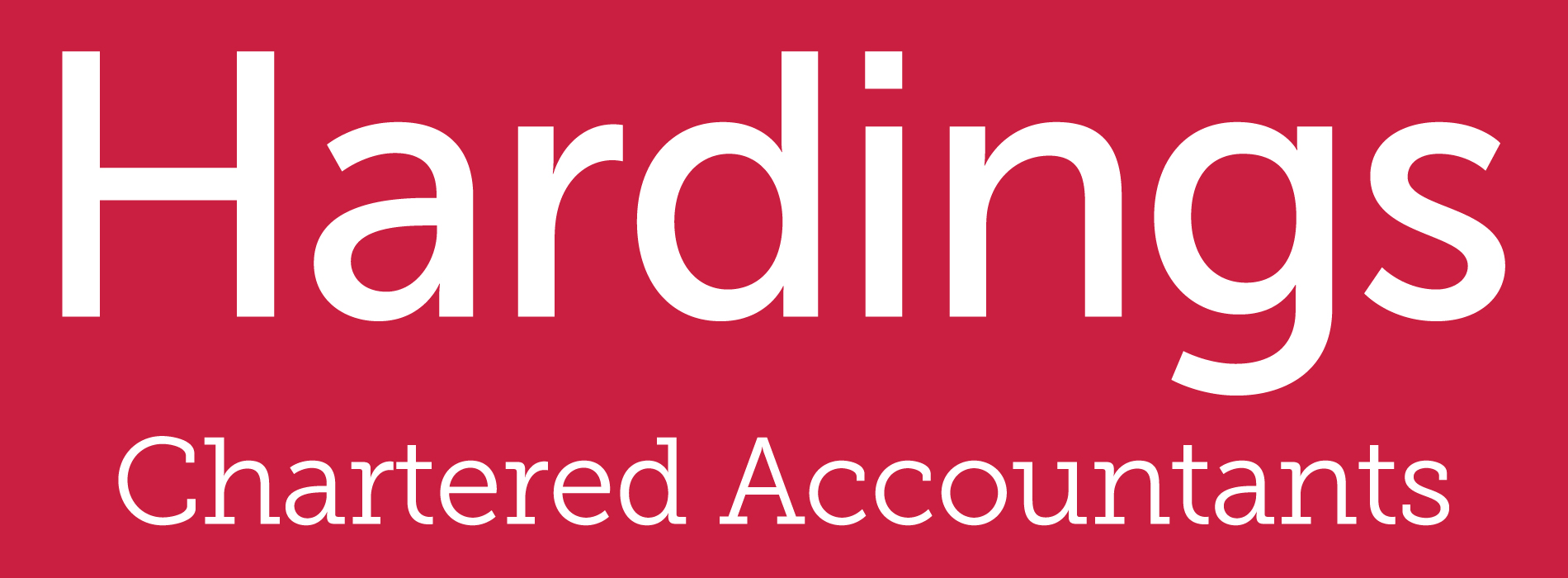One aspect of the budgets this year, that may have passed you by, is the freezing of most of the tax rates and bands for a number of years.
Whilst these frozen allowances do not on their own increase your tax bills, if your income, gains, or assets increase in the same period, all of the increases may be subject to tax. (i.e., none will be covered by increased tax-free allowances.)
And what about inflation?
With a 4% inflation rate now a certainty before the end of 2021, any pay rises up to this amount will only maintain your purchasing power, you won’t be any better off as the extra pounds earned will have depreciated.
Inflation tends to prompt businesses to increase their prices of goods and services in an attempt to maintain profits. If the goods they supply are ‘necessities’ (for example, food and fuel) we will be obliged to pay the extra of reduce our consumption.
Inflation at 4% or above is also likely to prompt the Bank of England to increase interest rates. Increases in rates will no doubt increase mortgage repayments and the cost of borrowing money.
Tax by stealth
Accordingly, freezing tax allowances and rates is a roundabout way of increasing the Treasury’s tax-take. They may be charging the same rates of taxes, but they will be applied to increased income, gains and wealth as the economy seeks to counter the effects of inflation.
Income tax planning, what to do?
Unfortunately, our tax system is progressive, as your income increases you may be pushed into paying higher rates of income tax. For 2021-22, the maximum we can earn and only pay income tax at the basic 20% rate, is £50,270. £12,570 of this income is tax-free the remainder taxed at 20%. Over this threshold income tax rates increase to 40%.
If your pay rises push you over this £50,270 threshold, you will only keep 60% of the increase. Combined with the effects of inflation this is not good news.
There are strategies that you may want to consider countering some of these effects and we would be happy to discuss them with you.
The Chancellor’s strategy of freezing allowances can be spun as not increasing taxes, and yet, as we have outlined above, this is far from the truth of the matter.
